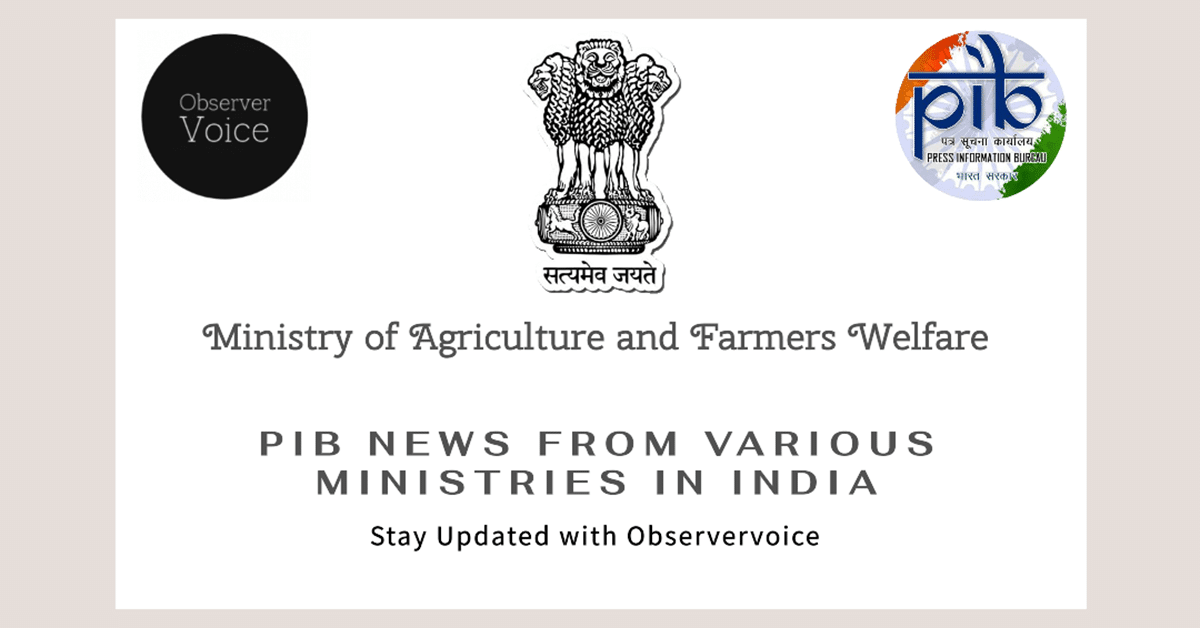Understanding the Status of Landless Farmers in India

The plight of landless farmers in India is a significant issue that affects millions of individuals and families. Despite their crucial role in agriculture, these farmers often face numerous challenges, including lack of access to resources and financial support. The Ministry of Agriculture has not conducted a specific census or survey to determine the exact number of landless farmers in the country. However, the latest Agriculture Census from 2015-16 indicates that there are approximately 531,285 wholly leased-in operational holdings, which include landless farmers. This article explores the current situation of landless farmers, the government schemes available to support them, and the challenges they face.
Lack of Comprehensive Data on Landless Farmers
The absence of a specific census or survey for landless farmers makes it difficult to ascertain their exact numbers and needs. The Ministry of Agriculture has acknowledged this gap in data. As a result, the government relies on the Agriculture Census conducted every few years to gather information. The 2015-16 census revealed that there are over half a million operational holdings that are wholly leased-in, indicating a significant number of landless farmers who depend on crop-sharing arrangements with landowners.
This lack of comprehensive data hampers the formulation of targeted policies and programs. Without accurate statistics, it becomes challenging for the government to assess the needs of landless farmers or to allocate resources effectively. The reliance on outdated or incomplete data can lead to inadequate support for these farmers, who often struggle to make ends meet. Therefore, there is an urgent need for a dedicated survey to capture the current status of landless farmers in India.
Government Schemes for Landless Farmers
To address the challenges faced by landless farmers, the government has implemented various schemes aimed at providing financial assistance and support. Agriculture is primarily a state subject, meaning that state governments play a crucial role in implementing agricultural schemes. The Government of India supplements these efforts through central sector and centrally sponsored programs.
Among the key initiatives are the Pradhan Mantri Fasal Bima Yojana (PMFBY) and the Restructured Weather Based Crop Insurance Scheme (RWBCIS). These schemes specifically target landless farmers, tenant farmers, and sharecroppers, providing them with much-needed financial protection against crop failures due to natural calamities. Additionally, the Kisan Credit Card (KCC) scheme offers loans at subsidized interest rates, making it easier for farmers to access credit.
Under the KCC scheme, farmers can obtain loans at a reduced interest rate of 7%. The government provides an upfront interest subvention of 1.5% to financial institutions, further lowering the effective interest rate to 4% for those who repay their loans on time. This financial support is crucial for landless farmers who often lack collateral and face difficulties in securing loans from traditional banking channels.
Challenges Faced by Landless Farmers
Despite the various government schemes in place, landless farmers continue to face numerous challenges. One of the primary issues is the lack of access to land, which limits their ability to cultivate crops independently. Many landless farmers rely on sharecropping arrangements, where they work on land owned by others in exchange for a portion of the harvest. This system often leaves them vulnerable to exploitation and financial instability.
Additionally, landless farmers frequently encounter difficulties in accessing credit. Although the KCC scheme aims to provide financial support, many farmers are unaware of these programs or face bureaucratic hurdles when applying for loans. The lack of financial literacy and awareness about available schemes further exacerbates their challenges.
Natural calamities pose another significant threat to landless farmers. When disasters strike, these farmers often find themselves without a safety net. While the government has provisions for interest subvention on restructured loans for those affected by natural calamities, the process can be slow and cumbersome. Many farmers struggle to navigate the bureaucratic processes required to access this support.
Observer Voice is the one stop site for National, International news, Sports, Editor’s Choice, Art/culture contents, Quotes and much more. We also cover historical contents. Historical contents includes World History, Indian History, and what happened today. The website also covers Entertainment across the India and World.

